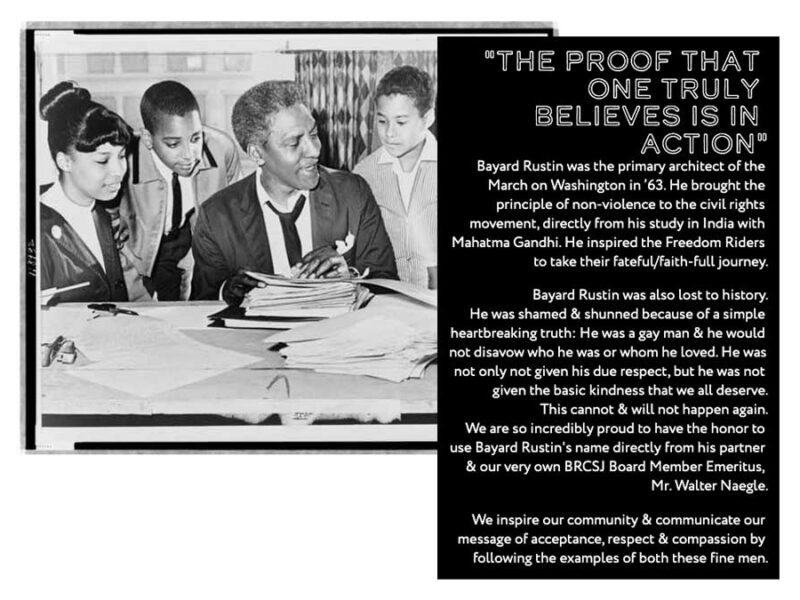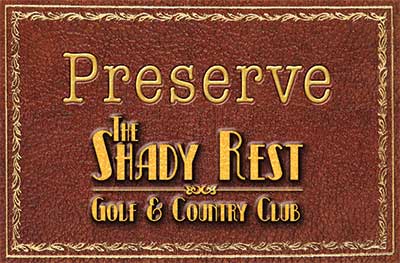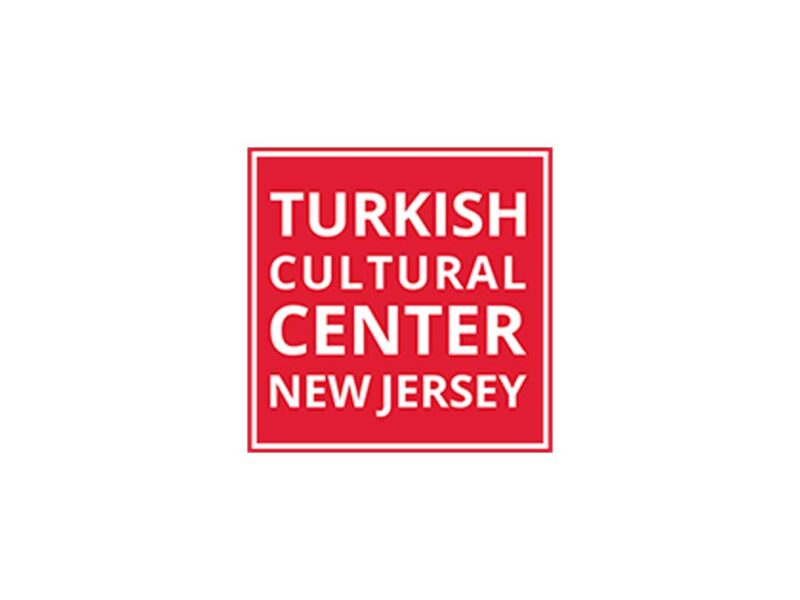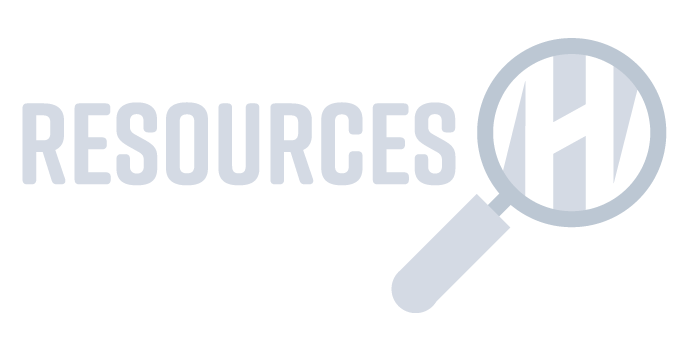Meet Our Grantees

Bayard Rustin Center for Social Justice
Princeton, (Action / $15,000)To support the development of a repository of the papers, artifacts, and ephemera of Bayard Rustin, chief organizer of the March on Washington for Jobs and Freedom and advocate in the civil rights, nonviolence, and gay rights movements. Read more
Mighty Writers
Camden, (Action / $15,000)To support a teen fellowship program that, using social and emotional learning lenses, teaches resiliency, emotion regulation, and empathy through literacy and digital media skills. Read more

Preserve Shady Rest
Scotch Plains, (Incubation / $15,000)To support the development of an inclusive master plan for the historic interpretation and public experience of Shady Rest Golf & Country Club (1921), a National Historic Landmark. Read more

Turkish Cultural Center NJ
Wayne, (Incubation / $15,000)To support an exhibition taking visitors on an enlightening journey through the profound contributions of Islamic civilizations. Read more
Header photo © Yogi Berra Museum & Learning Center

